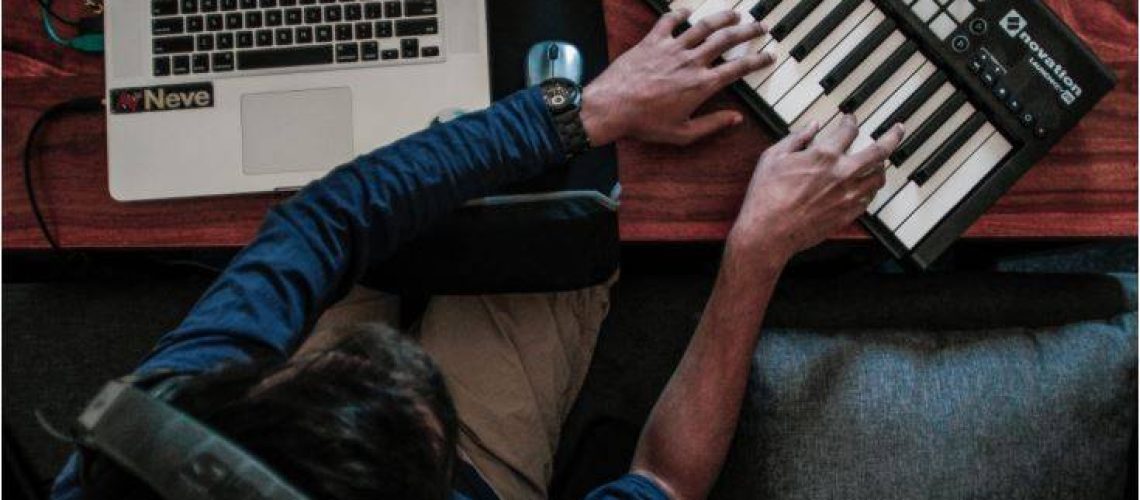
This is a common dilemma I’ve seen in students before they join the audio engineering course. If you’re in the same boat, this blog can hopefully give you some much needed perspective.
Unfortunately, I’ve seen a lot of Audio Engineering and Sound Engineering Courses push students interested in Music, towards Sound Engineering. The argument for which is that a Sound Engineering Degree will make their career opportunities legitimate.
There are two flaws with this thought process,
-Becoming a Sound Engineer does not necessarily make you a better musician.
-Sound Engineering requires a completely different set of tools and skills as opposed to becoming a Musician
These students are then often seen after the end of their course realizing that they joined the course for some very different reasons.
I’m going to describe below a few skills and traits that one should look for if they are interested in heading into this field.
These pointers are a few things that I believe every student wanting to get into this field should already have or if not, develop. I hear a lot of students saying that they are extremely passionate about Sound and Music.They also say that they are willing to put in all the time to get to learn and develop these skills.
The way I look at these things is quite different, Passion for me is an outcome of hard work, its not the cause.
To simplify the statement, I believe that the students will become truly passionate about Audio if they put in the time to develop these skills.
Passion for me is an outcome of hard work, its not the cause.
Technical Details
Having or building a keen interest in these technical subjects for Audio Engineering is a must.
If talking about a microphone, or the electronics of speakers and other audio equipment bores you then maybe you should work on developing an interest before you head into a course.
Problem Solving
This is something that you will tackle as an Audio Engineer almost every day. It could be anything from figuring out why the signal isn’t coming into your DAW to being able to decipher if there is any problem with the electrical wiring.
As an audio engineer, you will be faced with solving many of these problems and if not exciting they should at least not feel like a tremendous chore.
It is the biggest flaw I have noticed with students, also the biggest reason for students dropping out.
Imaginative Thinking / Creative Thinking
Unlike traditional Engineering, Audio Engineer doesn’t have physical rules that bound our work and sometimes bending these rules is what leads to discovery or an approach we would never think possible.
Students who are able to think outside the box are usually the ones who end up becoming the most successful.
Intermediate IT and Computer Skills
You must not only know how to use a computer but also have an intermediate understanding of how Operating Systems work, how software is installed into the system. How the computer allocates RAM to certain Processes, How the computer performs basic calculations etc.
Students that are more tech-savvy with computers are naturally able to tackle a lot of software issues and usually tend to stay ahead of the curve.
People Skills
One must learn how to make a person comfortable in their space and more often than not these “persons” will be musicians.
A withdraw student usually finds it very hard to communicate and put his point across to the client, thereby limiting their creative interaction with finally affects the work they do.

